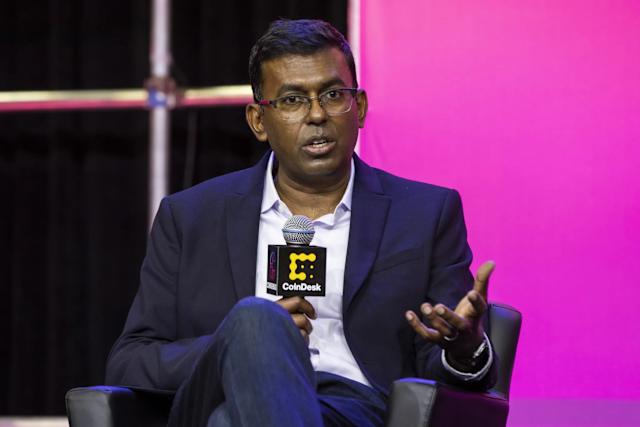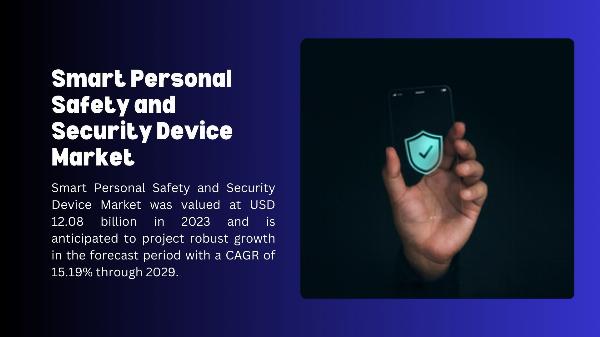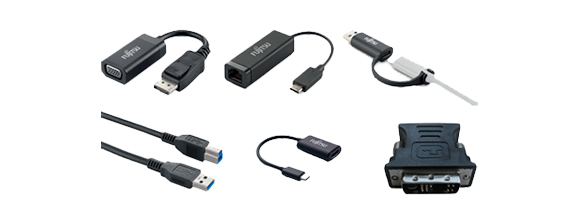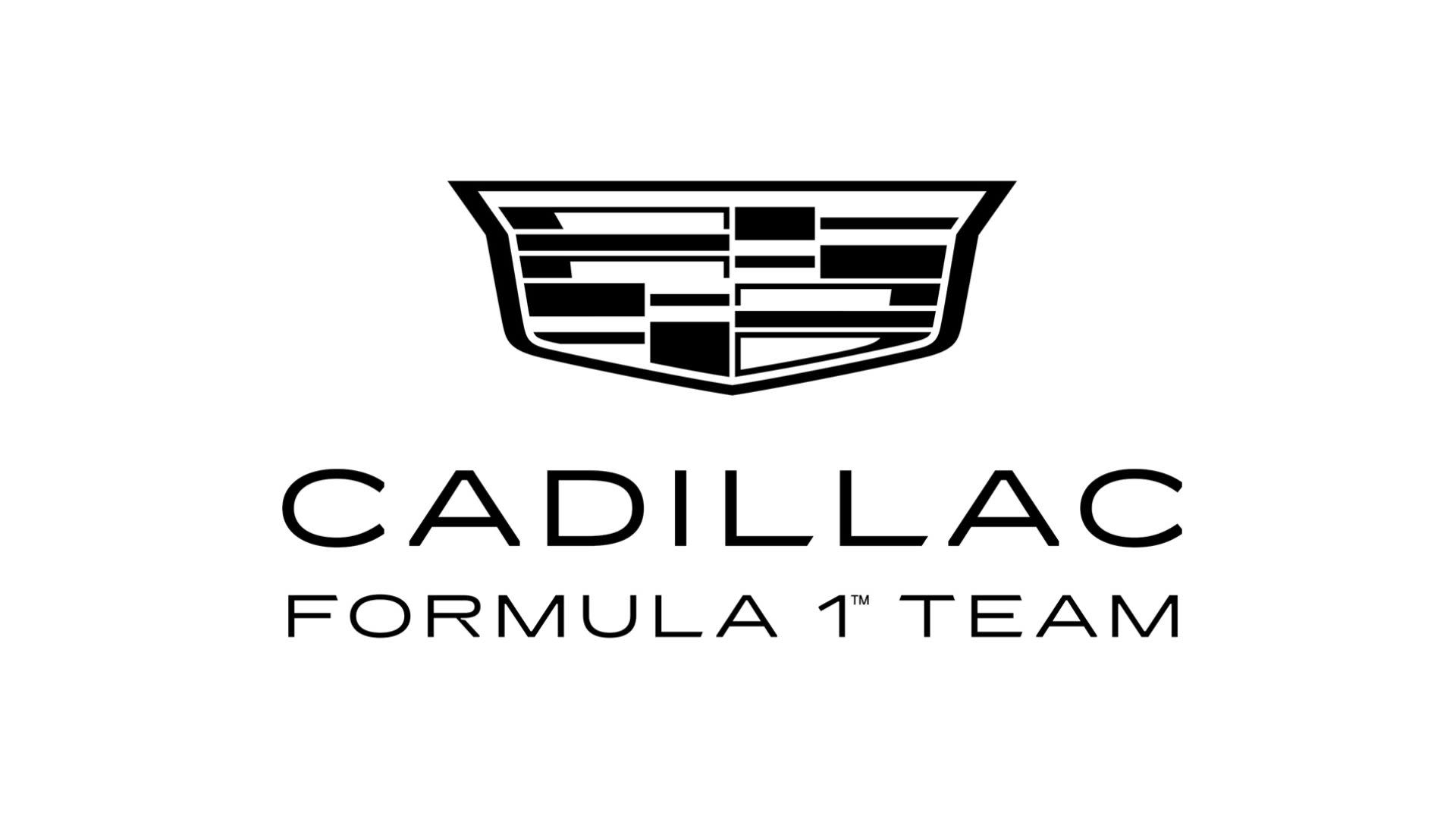Mastercard Joins USDG Stablecoin Group, Adds Support for PayPal and Fiserv Tokens in Crypto Push: A Move to Boost Cross-Border Payments and Remittances

Mastercard is not waiting for crypto companies to supplant its massive payment network. Instead, it is joining them. On Tuesday, the publicly traded company announced that it had entered the Global Dollar Network, a consortium that includes the online brokerage Robinhood and the crypto exchange Kraken.
The consortium, launched in November 2024 by the crypto company Paxos and six other partners, allows members to mint or create the network's stablecoin USDG, a cryptocurrency pegged to the U.S. dollar. Members of the group share the interest earned from the reserves backing the stablecoin, which are usually U.S. Treasuries.
In addition to USDG, Mastercard said it was adding support for PYUSD, or PayPal's token, as well as FIUSD, a recently launched stablecoin from the banking technology provider Fiserv. Mastercard already supports USDC, the stablecoin issued by the company Circle, which recently went public in one of the year's hottest IPOs.
"If the stablecoins are well-formed, well-regulated, and they meet our criteria, we will enable them in a variety of use cases," Raj Dhamodharan, an executive vice president at Mastercard in charge of the company's crypto and blockchain efforts, told Fortune. He declined to say whether his company planned to add support for USDT, the most popular stablecoin whose issuer Tether has long been in the crosshairs of regulators.
Mastercard also said it was adding stablecoins to its cross-border and remittances network called Mastercard Move, whose customers include MoneyGram. The remittances company did not immediately respond to a request for comment on whether it plans to let its own customers send or receive the tokens.
The decision to wade further into crypto comes as stablecoins have become one of the buzziest sectors in Silicon Valley outside of AI. Even Big Tech giants like Meta, Apple, Airbnb, and X are exploring the technology. While stablecoins have been around for more than a decade, they have recently attracted the support of Congress. Last week, in what industry boosters said was a watershed moment for the technology, the Senate passed the GENIUS Act, a bill that regulates stablecoins. The legislation is now under consideration in the House.
Dhamodharan said that it's a mistake to think that his company is late to the game. The payments giant acquired the blockchain analytics company CipherTrace in 2021, has partnered with crypto companies to issue a swathe of crypto credit cards, and has been building out what it calls its Multi-Token Network, which Dhamodharan once described as an "app store" for regulated crypto products. "We've been busy at work," he said.
As part of Tuesday's announcement, Mastercard said that Fiserv, whose clients include banks, credit unions, and a host of other financial companies, will connect to the Multi-Token Network. This would allow Fiserv's customers to more easily go between bank deposits and stablecoins, Dhamodharan said. "Stablecoins themselves do not actually make anything happen," he said. "For it to come to life, for it to be used by people and get accepted by people, you need rails, you need protections."
Mastercard's partnership with the USDG stablecoin group to support PayPal and Fiserv tokens in its crypto push represents a significant step forward for strengthening cross-border payments, remittances while leveraging emerging digital currency infrastructure.
Mastercard's collaboration with the USDG stablecoin group and its support for PayPal, Fiserv tokens marks a strategic step forward in accelerating cross-border payments and remittances – reinforcing digital infrastructure aligned to meet evolving consumer needs.
This partnership between Mastercard and the USDG Stablecoin Group underscores their commitment to facilitating seamless cross-border transactions, particularly remittances. By integrating support for PayPal's stablecoin alongside Fiserv Token offering within its crypto push strategy.
Mastercard's partnership with the USDG stablecoin group, including supporting PayPal and Fiserv tokens in its cryptocurrency endeavors to bolster cross-border payments & remittances demonstrates a pioneering move towards enhanced financial inclusivity.
By joining the USDG stablecoin group and extending support to PayPal's as well a Fiserv token, Mastercard is making bold stride towards promoting seamless cross-border payments which will significantly benefit individuals in global remittances.
The unification of Mastercard with the USDG stablecoin ecosystem, along its extension to include PayPal and Fiserv tokens in cryptographic efforts aims at smoothening cross-border payments which is a pivotal move for boosting global remittances while ensuring security within crypto transactions.
Welcome this move as a testament to Mastercard's commitment towards fostering the integration of stablecoins in its global platform, thereby enhancing seamless cross-border transactions and remittance ecosystem while promoting financial inclusiveness for all.
This collaboration between Mastercard, USDG Stablecoin Group and integration with PayPal's Crypto Wallet marks a significant milestone in driving the adoption of blockchain-based transactions for faster international funds transfers while enhancing financial inclusion worldwide.
Mastercard's joining the USDG stablecoin consortium and extending its support to PayPal, Fiserv tokens in a crypto-driven effort serves as an innovative step towards facilitating faster cross border payments without crossing borders of trust subjected by traditional remittances.














